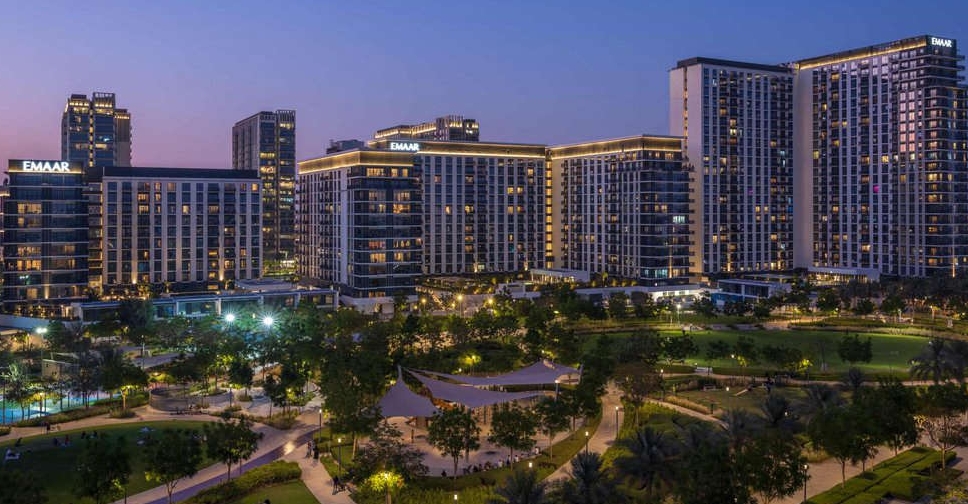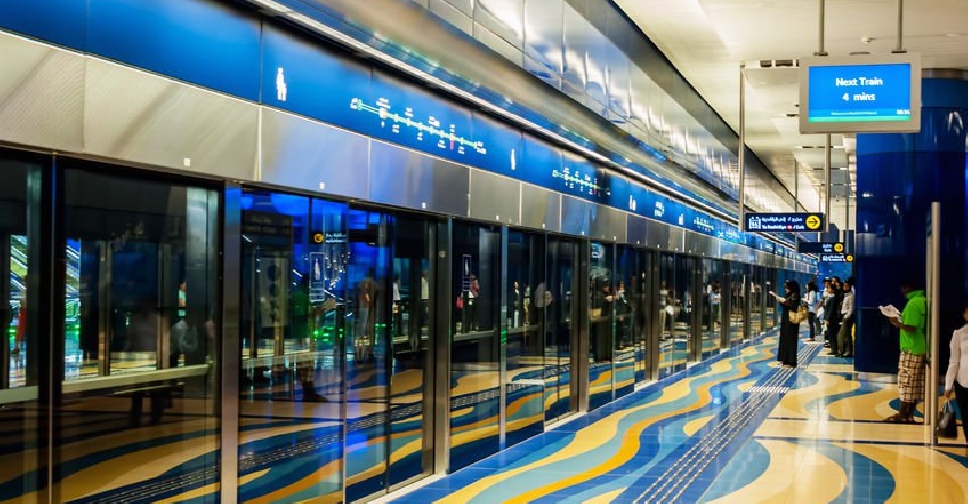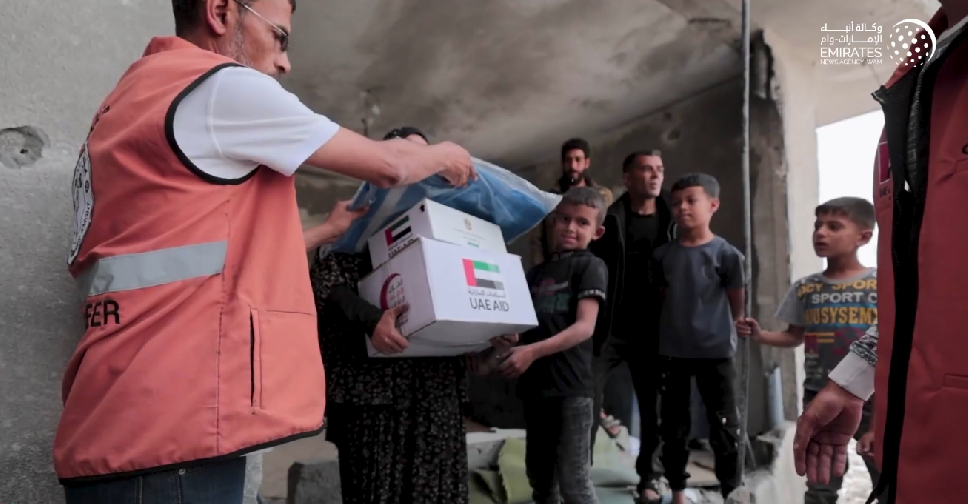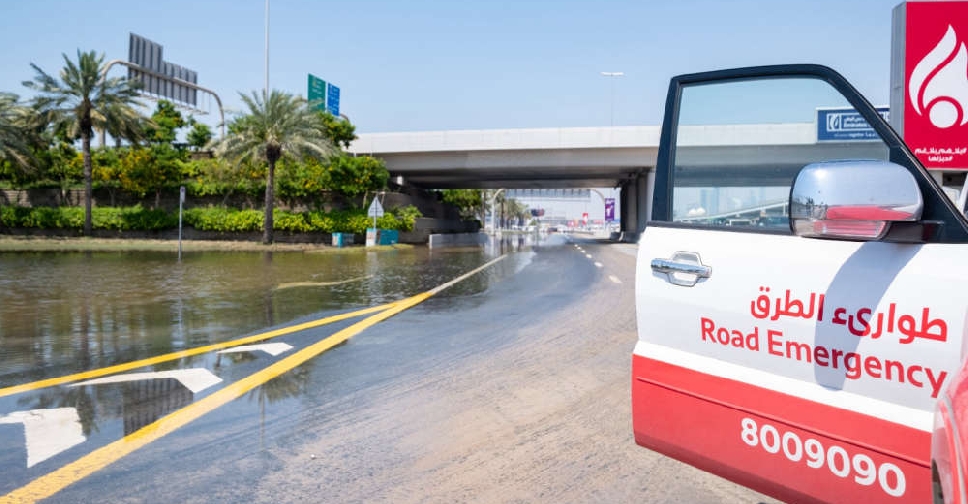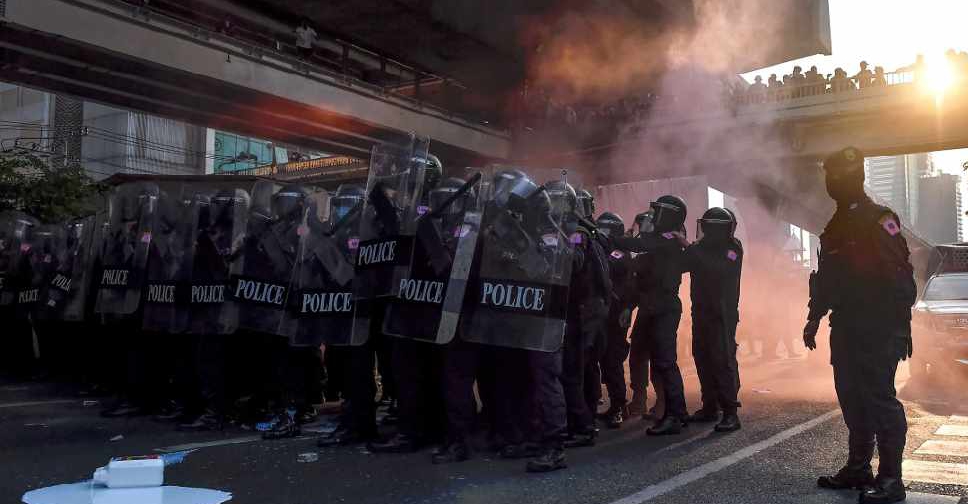
The US threatened to reimpose sanctions on Myanmar's generals after they seized power in a coup and detained elected leader Aung San Suu Kyi.
The UN Security Council was due to meet later on Tuesday, diplomats said, amid calls for a strong global response to the military's arrest of the Noble Peace laureate and dozens of her political allies on dawn raids on Monday.
The coup followed a landslide win for Suu Kyi's National League for Democracy (NLD) party in November elections, a result the military has refused to accept citing allegations of fraud.
The army handed power to General Min Aung Hlaing and imposed a state of emergency for a year, crushing hopes the poverty-stricken country also known as Burma was on the path to stable democracy after decades of military meddling in politics.
US President Joe Biden said the coup was a direct assault on Myanmar's transition to democracy and the rule of law, and said his administration would be watching how other countries responded.
"The United States removed sanctions on Burma over the past decade based on progress toward democracy. The reversal of that progress will necessitate an immediate review of our sanction laws and authorities, followed by appropriate action," Biden said in a statement.
"We will work with our partners throughout the region and the world to support the restoration of democracy and the rule of law, as well as to hold accountable those responsible for overturning Burma's democratic transition," he said.
Suu Kyi's whereabouts remained unknown more than 24 hours after her arrest.
She had called for protests against military dictatorship in a statement prepared in anticipation of her arrest and released on Monday, but there were no reports of unrest.
The crisis in Myanmar is one of the first major tests of Biden's pledge to collaborate more with allies on international challenges, especially on China's rising influence. That stance contrasts with former President Donald Trump's often go-it-alone 'America First' approach.
The UN-led condemnation of the coup and calls for the release of detainees and restoration of democracy in comments largely echoed by Australia, the European Union, India, Japan and the United States.
China did not join the condemnation, saying only that it noted the events and calling on all sides to respect the constitution. Other countries in the region including neighbouring Thailand refused to comment on Myanmar's "internal affairs".
The streets of Myanmar were quiet overnight during a curfew already in place to stop the spread of coronavirus. Troops and riot police took up positions in the capital, Naypyitaw, and the main commercial centre Yangon.
By Tuesday morning, phone and internet connections were running again but usually bustling market places were quiet and the airport in the commercial hub of Yangon was closed.
Banks in Yangon reopened on Tuesday after halting financial services a day earlier due to poor internet connections and amid a rush to withdraw cash.

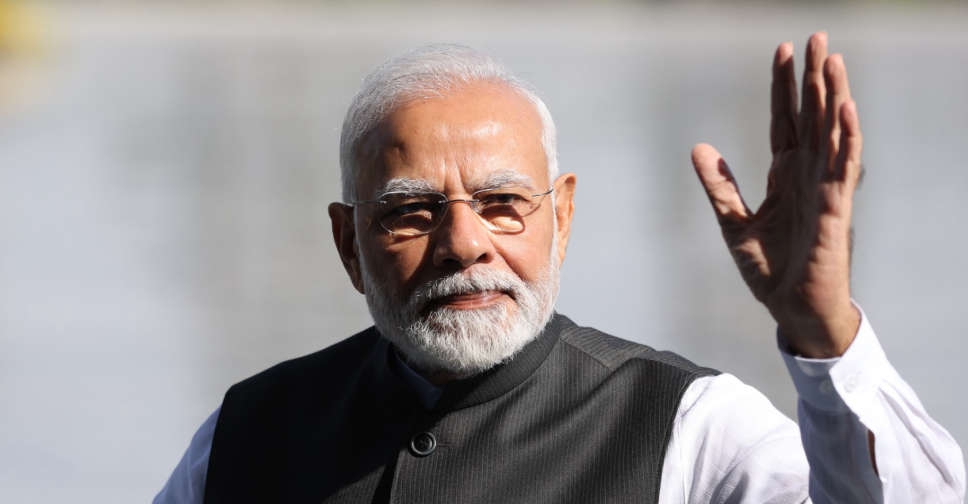 India begins voting in election as Modi seeks historic third term
India begins voting in election as Modi seeks historic third term
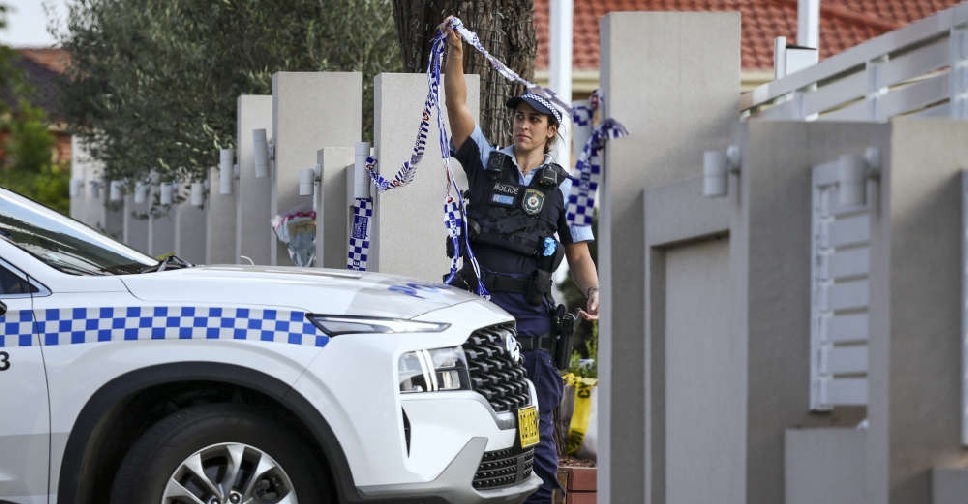 Teenager charged with terrorism over Sydney bishop stabbing
Teenager charged with terrorism over Sydney bishop stabbing
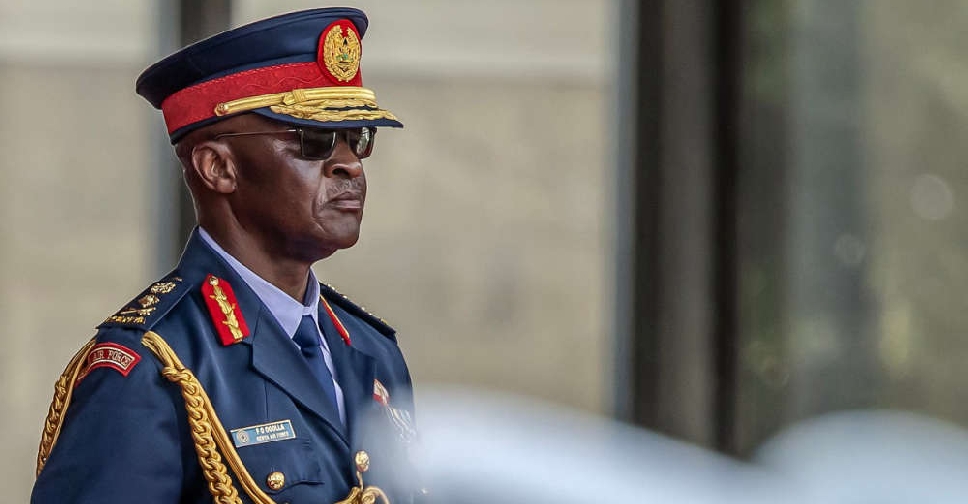 Kenya's military chief among 10 killed in helicopter crash
Kenya's military chief among 10 killed in helicopter crash
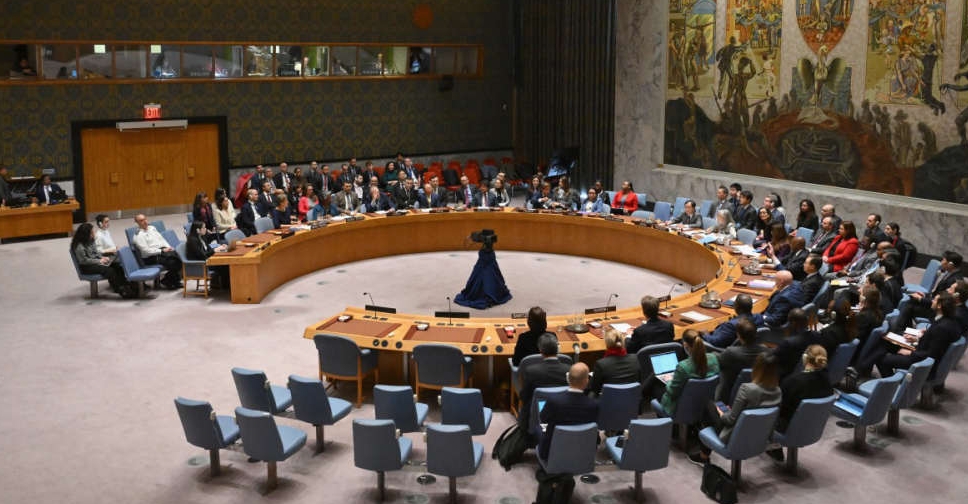 Security Council to vote on Palestinian UN membership
Security Council to vote on Palestinian UN membership
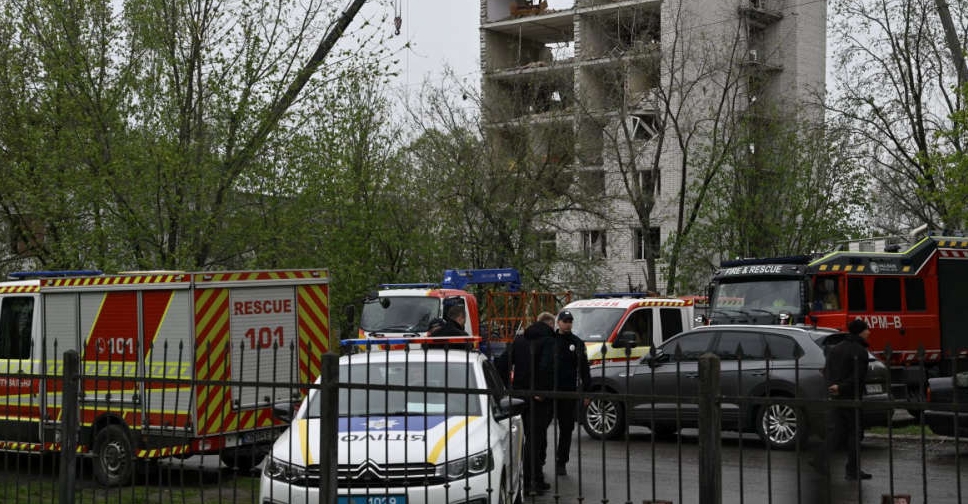 Toll from Russia's deadliest airstrike on Ukraine in weeks rises to 18
Toll from Russia's deadliest airstrike on Ukraine in weeks rises to 18
